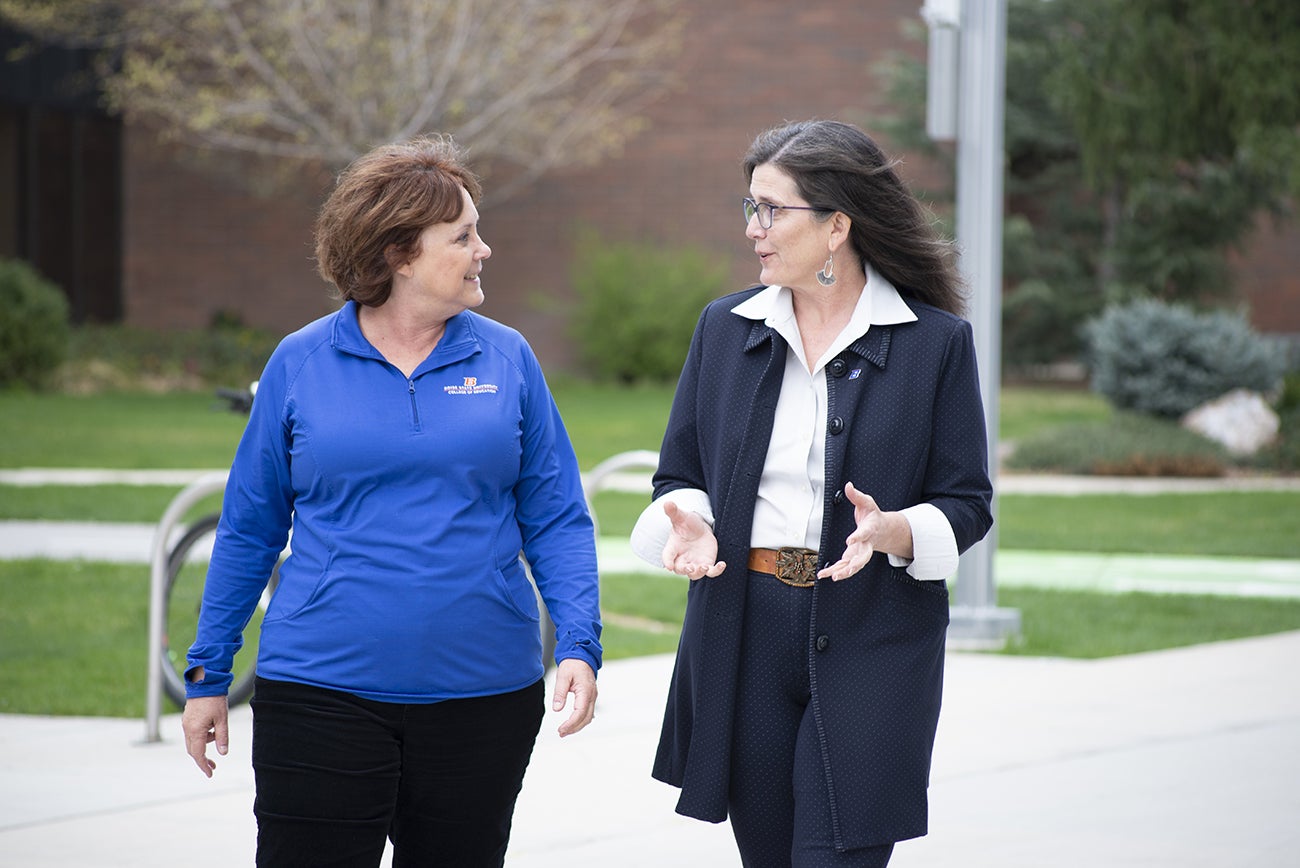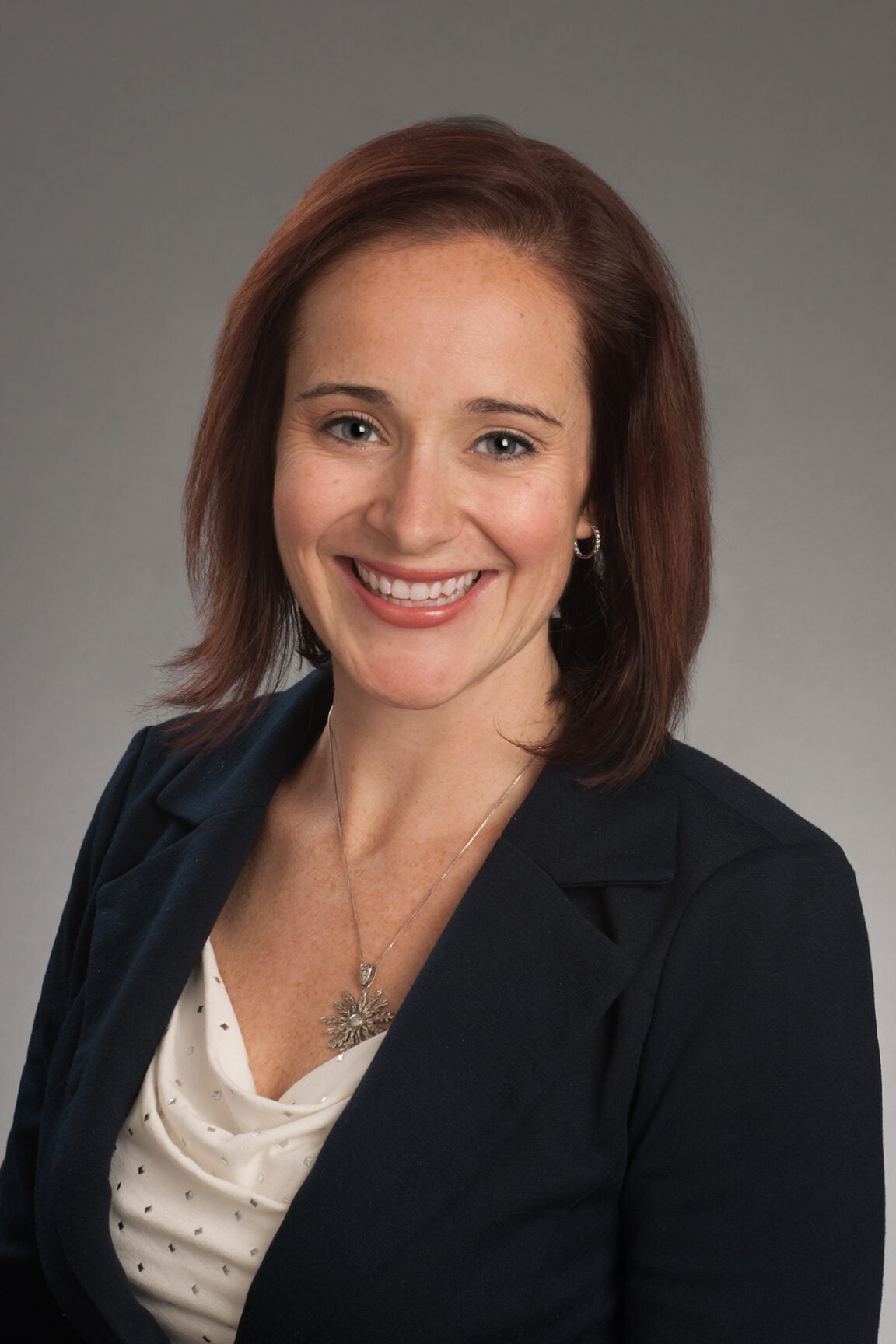
The College of Education hosted a summit in March 2022 that brought together a diverse group of teachers, administrators, college students training to become teachers, school counselors, and lawmakers from across the state.
“We wanted to work with our partners to talk about how we prepare educators, and how we can retain educators to meet the distinct needs of Idaho,” said Heather Williams, an associate professor, faculty dean-in-residence for clinical partnerships in the College of Education, and the summit’s lead organizer.
Williams is a former superintendent of the Gooding School District, one of Idaho’s many rural districts.
The summit addressed the shortage of teachers in the state – according to one study, 30% of Idaho teachers leave the profession by their fourth year – as well as a shortage of educators in general, including principals, counselors, and others.
“Becoming an educator should be viewed with the same urgency and need as other talent initiatives in our state. It is a high-skill and knowledge-intensive profession that should be valued as such and seen as another avenue of workforce development,” Williams said.
The main theme to emerge from the summit was the need for robust mentoring and the critical role of leaders at all levels, she added.
Alum Maya Davis (education, bilingual elementary education, 2016) is a current graduate student in educational leadership and teaches third grade at Grand View Elementary in Grand View, Idaho. She was a panelist at the summit and spoke about the mentorship available in Idaho’s rural schools.
“Teachers coming out of teacher-training programs don’t necessarily know about Idaho’s rural districts and what they have to offer new teachers. I just wanted to share that there are so many benefits and perks to working in rural districts – a family feel, support and smaller class sizes,” Davis said.
State Sen. Dave Lent from Idaho Falls attended the summit.
“Any time in the Legislature that we get an opportunity to be in the field and talk with people who do (education) on an everyday basis, it really helps us formulate better policy,” Lent said. “I appreciated looking at best practices from a collaborative point of view, analyzing those, and seeing how they can benefit the whole state.”
See a video from the conference.
Become a donor to support the College of Education.
Inspired? Let's Chat!
-

Argia Beristain
Associate Vice President for Development